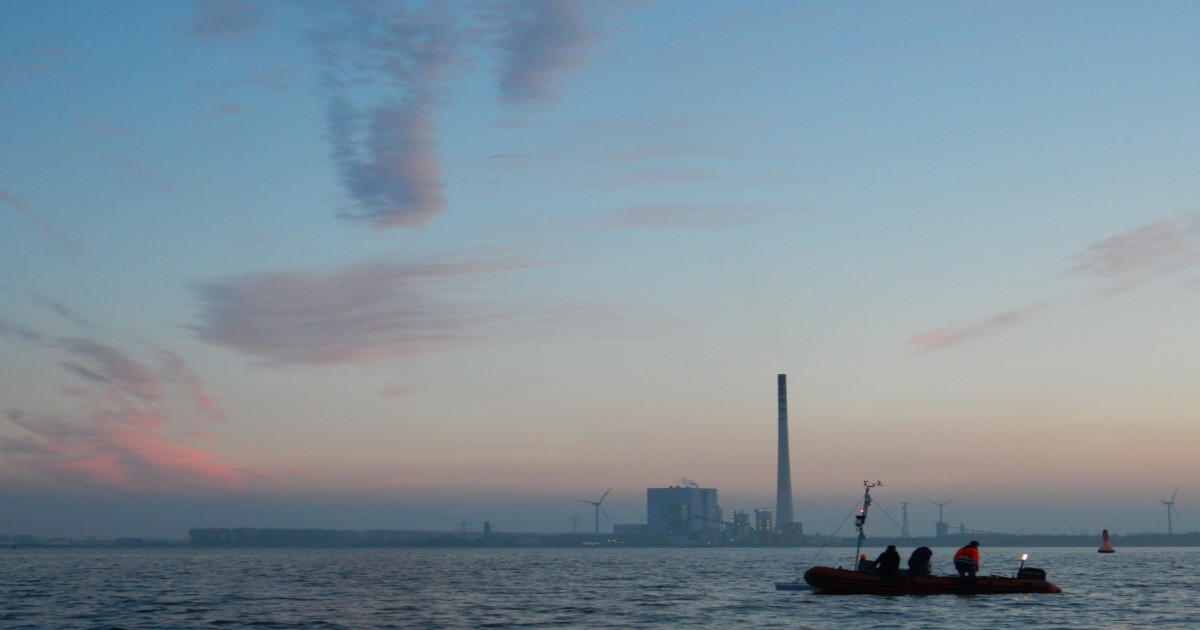Air-Water Gas Exchange in Coastal Ocean
A special issue of Journal of Marine Science and Engineering (ISSN 2077-1312). This special issue belongs to the section "Physical Oceanography".
Deadline for manuscript submissions: closed (31 January 2022) | Viewed by 627

Special Issue Editor
Interests: quantifying air-sea exchange; sea surface microlayer; marine trace gases; biological surfactants
Special Issues, Collections and Topics in MDPI journals
Special Issue Information
Dear Colleagues,
Quantifying the air-sea exchanges of reactive trace gases and the factors that control them is critical to our understanding of wide-ranging climate-related processes and regional to global biogeochemical cycles. For many trace gases estuaries and coastal seas are “hot spots”, characterised by high rates of biogeochemical cycling, and large emissions to air. High spatial and temporal variability are characteristic features, reflecting strong gradients in biology, biogeochemistry, and the environmental controls of air-sea gas exchange rates. There remains considerable uncertainty over the scales of these variabilities and how they are mediated. This should be urgently addressed because the biogeochemical models and largescale climate models that crucially depend on this information are central to developing the predictive capacity needed for quantifying regional and global scale trace gas fluxes and feedbacks.
For this special issue we are therefore inviting contributions that further our understanding of trace gas emissions and the processes that drive them, in coastal waters including estuaries. The broad remit of the special issue thus includes both observational and modelling studies that improve estimates of fluxes and clarify the underlying biogeochemical and physical drivers.
Prof. Dr. Robert Upstill-Goddard
Guest Editor
Manuscript Submission Information
Manuscripts should be submitted online at www.mdpi.com by registering and logging in to this website. Once you are registered, click here to go to the submission form. Manuscripts can be submitted until the deadline. All submissions that pass pre-check are peer-reviewed. Accepted papers will be published continuously in the journal (as soon as accepted) and will be listed together on the special issue website. Research articles, review articles as well as short communications are invited. For planned papers, a title and short abstract (about 100 words) can be sent to the Editorial Office for announcement on this website.
Submitted manuscripts should not have been published previously, nor be under consideration for publication elsewhere (except conference proceedings papers). All manuscripts are thoroughly refereed through a single-blind peer-review process. A guide for authors and other relevant information for submission of manuscripts is available on the Instructions for Authors page. Journal of Marine Science and Engineering is an international peer-reviewed open access monthly journal published by MDPI.
Please visit the Instructions for Authors page before submitting a manuscript. The Article Processing Charge (APC) for publication in this open access journal is 2600 CHF (Swiss Francs). Submitted papers should be well formatted and use good English. Authors may use MDPI's English editing service prior to publication or during author revisions.
Keywords
- Trace gas exchange
- Coastal waters
- Estuaries
- Biogeochemical cycles
- Environmental Drivers
- Temporal variability
- Spatial variability
- Feedbacks
Benefits of Publishing in a Special Issue
- Ease of navigation: Grouping papers by topic helps scholars navigate broad scope journals more efficiently.
- Greater discoverability: Special Issues support the reach and impact of scientific research. Articles in Special Issues are more discoverable and cited more frequently.
- Expansion of research network: Special Issues facilitate connections among authors, fostering scientific collaborations.
- External promotion: Articles in Special Issues are often promoted through the journal's social media, increasing their visibility.
- Reprint: MDPI Books provides the opportunity to republish successful Special Issues in book format, both online and in print.
Further information on MDPI's Special Issue policies can be found here.





